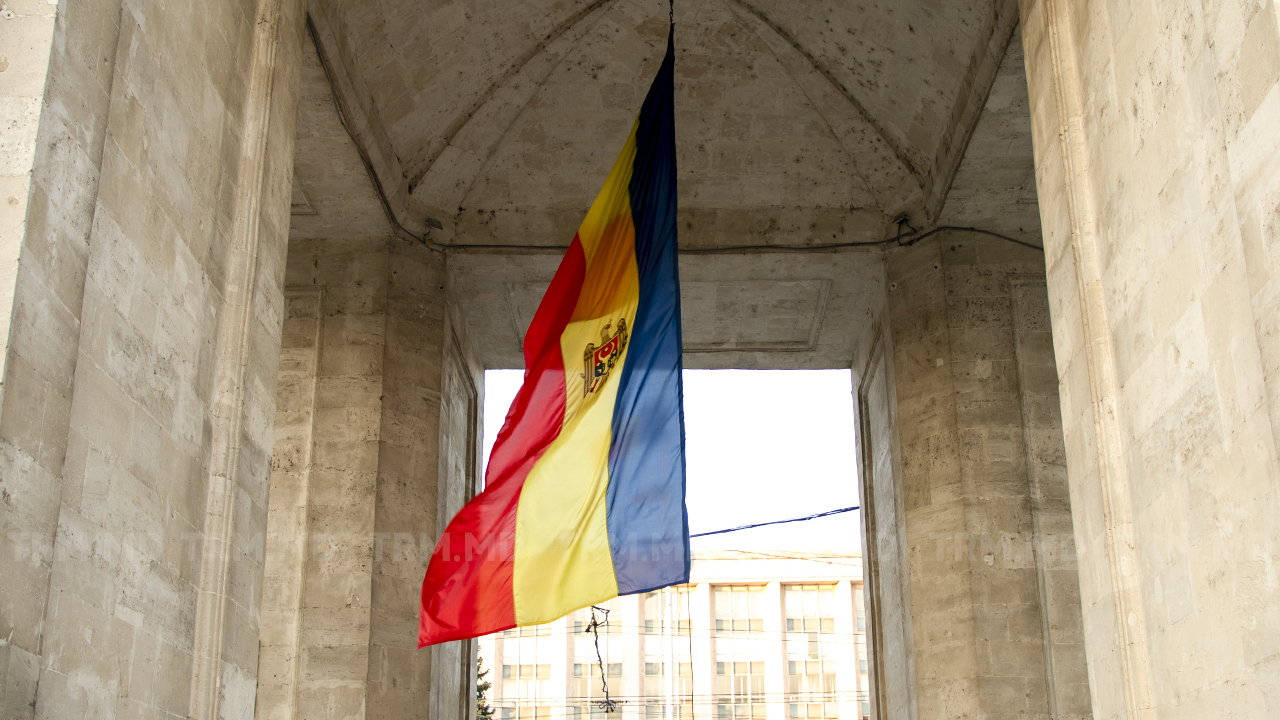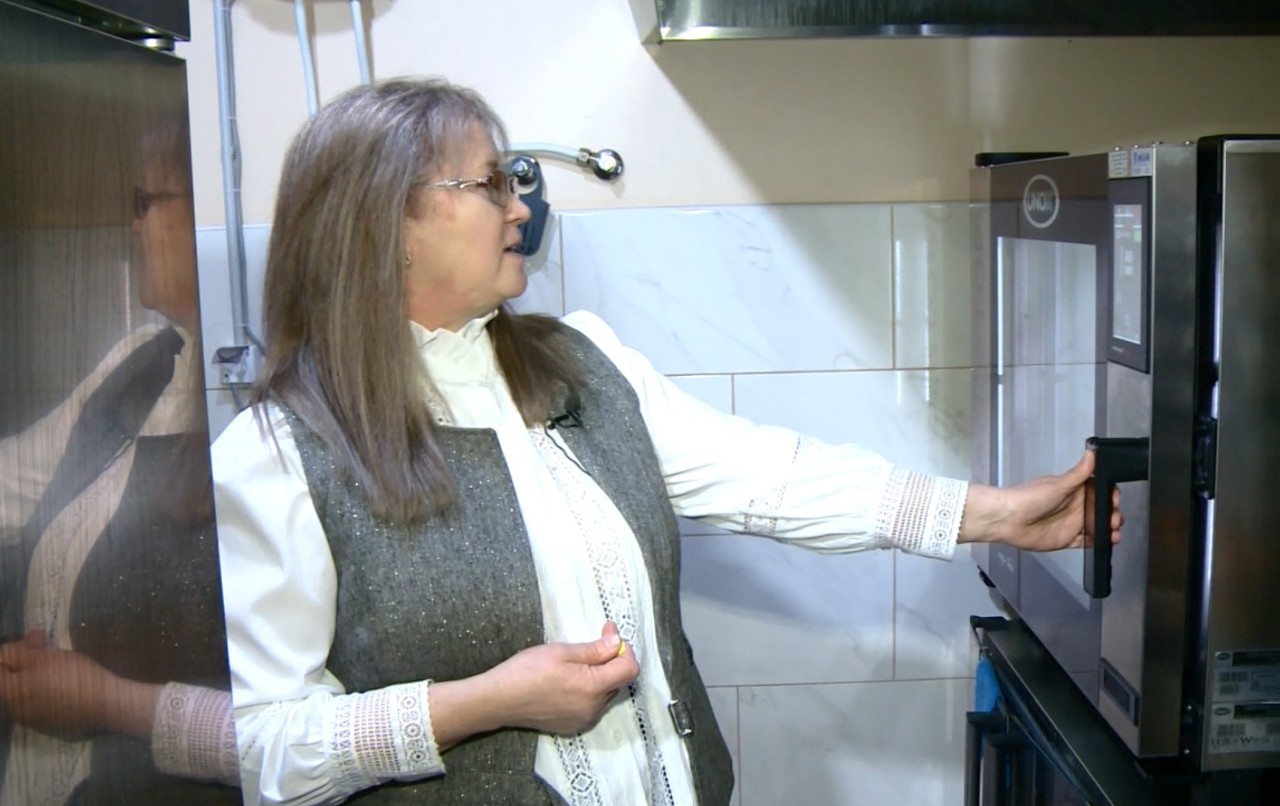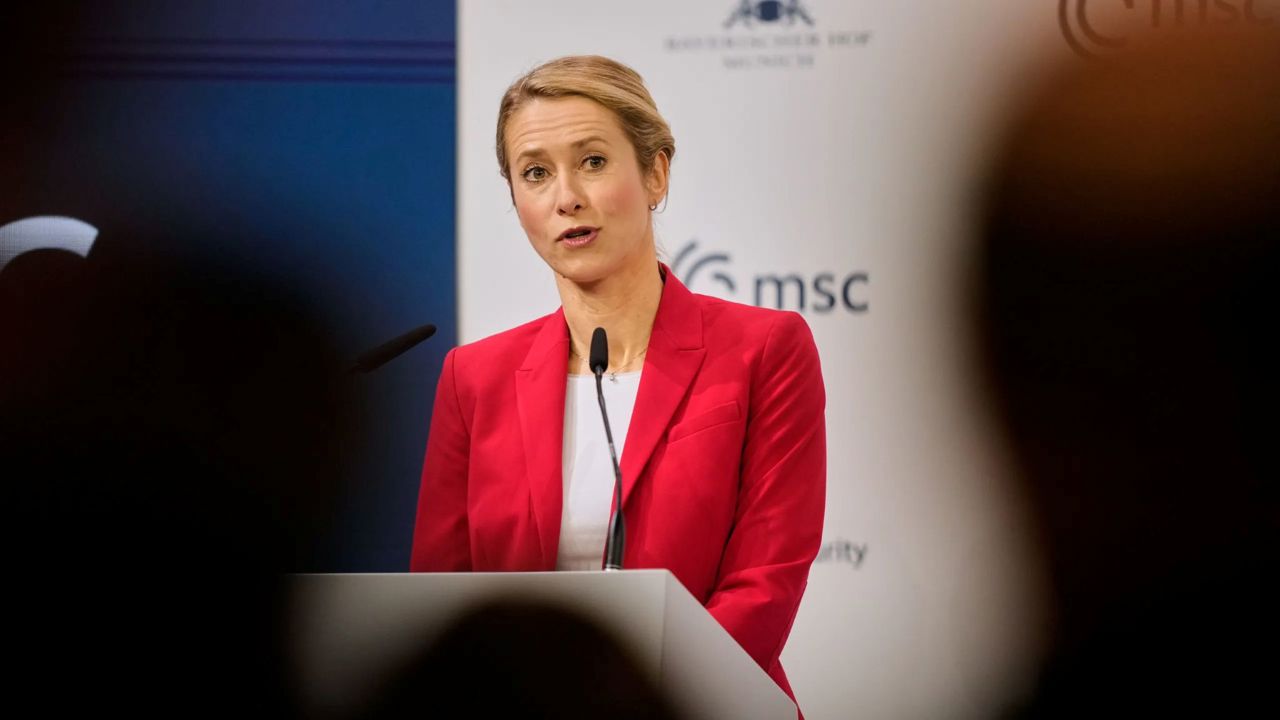Moldova faces financial uncertainty with U.S. aid suspension
The Trump administration's plan to suspend all federal aid for 90 days – a move that has raised concern and uncertainty, especially among non-governmental organizations, including those in the Republic of Moldova, where external funding is crucial – has been temporarily blocked by a U.S. court.

The decision blocks the implementation of the measure until at least Monday, February 3, according to CNN. Meanwhile, experts in Chișinău are warning that both the government and civil society in the country must find solutions to reduce their reliance on international funding.
President Donald Trump's decision to suspend all foreign aid for 90 days has sparked widespread concern, including in the Republic of Moldova, which has received more than three decades of vital American support in various fields. Several NGOs, reliant on funding from U.S.-sponsored projects, have already warned that they might have to cut staff salaries or even lay off employees.
"This means that today we are essentially talking about suspending millions, even tens of millions of euros over this 90-day period," said Florin Gîscă, an expert from Promo-LEX, who also authored the study, in an interview with Radio Moldova. "For organizations, the risks lie in whether they will be able to retain, for example, staff, who might be tempted to leave due to the lack of salaries for the next three months."
What solutions can be implemented in the short, medium, and long term to reduce this reliance and ensure the financial sustainability of NGOs?
In its report, Promo-LEX notes that, in general, civil society organizations have "weak" fundraising capacities, and sources like membership fees, the percentage designation mechanism, state support, and economic activities, including social entrepreneurship, are used to a lesser extent. Florin Gîscă believes that, to remedy this situation, organizations should, first and foremost, start utilizing alternative funding sources, beyond external ones.
"Clearly, this situation cannot be remedied in the short term, as you cannot replace this funding in such a short time. However, in the long term, there are several recommendations that could improve the situation. One of the most important is promoting philanthropy, that is, donations and sponsorships from individuals and legal entities."
Promo-LEX recommends that relevant authorities implement policies to increase tax incentives for philanthropic donations, including from individuals. The association also suggests amending the law on crowdfunding services to regulate civil society organizations' crowdfunding activities.
It is important to note that U.S. aid to the Republic of Moldova is primarily distributed through USAID, which has invested over $640 million in the country since 1992. By 2030, U.S. funding through USAID Moldova was expected to support essential projects focusing on strengthening social cohesion, promoting economic growth, advancing democratic and equitable governance, and enhancing energy security and the healthcare system.
Moldova 1’s reporter requested information from the U.S. Embassy in the Republic of Moldova and USAID regarding the value of the American aid that has been put on hold following the Trump administration’s decision. However, by the time of publication, we had not received a response.
In this context, Prime Minister Dorin Recean recently stated to the press that the U.S. decision would have "a limited impact, both financially and in terms of timing" on the Republic of Moldova. "We continue to trust that the United States is a reliable partner of the Republic of Moldova, and that Moldova remains part of the strategic interests of the U.S. in Europe," Recean added in response to the press.
Translation by Iurie Tataru





